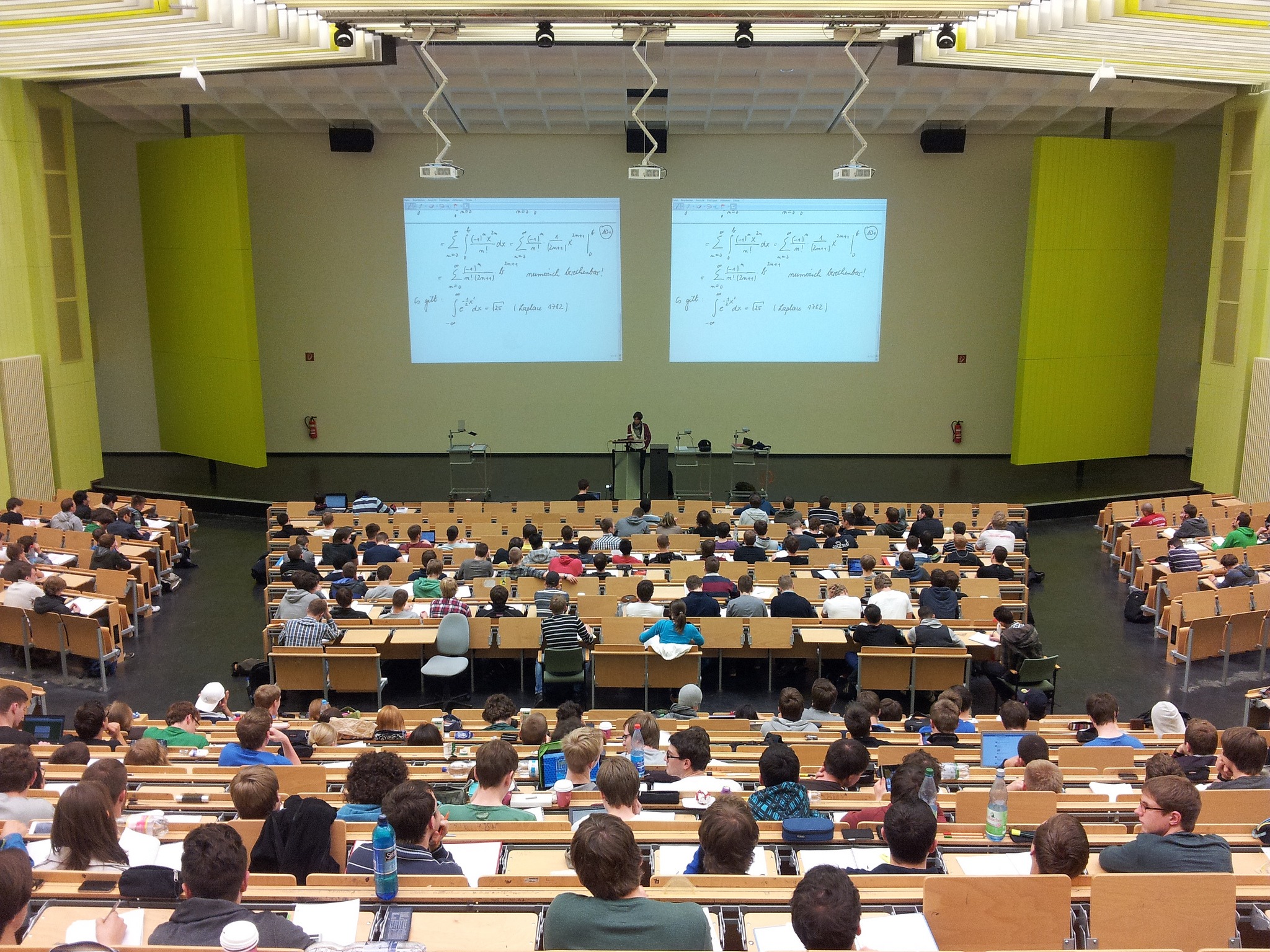When I started in my PhD program, I was rather daunted by the prospect of taking full responsibility for teaching two undergraduate courses, all while maintaining a full load of coursework and conducting my own independent research. Going into my third year of teaching, I have to say that I feel lucky to have been put in this position, and not just because of the financial support. As part of my appointment in the program, I serve as a Graduate Teaching Fellow (GTF). This title, and similar ones like Graduate Teaching Assistant (GTA), carry different responsibilities at different institutions, but within my university the responsibilities are fairly substantial. In fact, I feel that the position is similar to that of a lecturer or adjunct, in that I am not an assistant but have full responsibility for the course. Our GTFs design and implement lectures, discussions, and coursework, handle grading, and are observed and evaluated by regular faculty each term. There are several reasons why I feel that this and similar positions are beneficial to graduate students, even though they require extra time and effort.
Teaching can make you a better student
Yes, it’s true that preparing lessons, lectures, and assignments, not to mention grading them, eats up quite a bit of time, especially in the first semester teaching a new course, but the time you put in is not necessarily “lost time” with respect to your own progress towards your degree. In my experience, teaching has you rehashing lots of information relevant to the subjects you teach and considering them from a variety of perspectives. This can keep you adept at concisely yet thoroughly explaining the topics you lecture on and keep the relevant facts fresh in your mind. For example, in my own work I am interested in the phonetic underpinnings of phonological change, and for me, teaching articulatory phonetics has helped to keep facts about the aerodynamics of speech fresh in my mind. Also, student reactions to your discussions can remind you of what people being introduced to the subject need more careful explanation of or, perhaps, where you could use some work in better explaining particular topics. This can translate into higher quality drafts of your own work. The comments and questions students bring up during lecture can be very valuable and let you view topics through the eyes of someone less familiar with them. Students can remind you of relevant details that you might have otherwise glossed over and can even spark new insights and inspire new directions in your own research.
You will already have teaching experience when you graduate
This is particularly relevant to PhD students looking to land a job in academia after graduating. Regardless of one’s research and publication goals, going the academic career route almost always involves some amount of teaching, most obviously for those seeking a professorship. Teaching is not only a resume builder, but the experience means that you’ll be going into a new position already used to the teaching processes and with a sense of what works for you and what has worked for your students.
Teaching gives a sense of satisfaction and a boost to morale
Perhaps I’m a bit biased with regard to this point because, as it turns out, I truly enjoy teaching. Going in I wasn’t sure how I would take to the position, but it is a very positive experience to guide students through the learning process and to see their improvement over the course of the semester. Passing on knowledge about a topic that you yourself love is naturally satisfying and particularly so when it comes to those students who are really invested in the subject (you’ll know who they are). It’s also satisfying to experience your own teaching skills improve over time and to improve upon your course design each term.
What have been your experiences teaching and how do you feel it has helped your work, you career, or your life more generally? I would also be interested to hear from anyone that would discourage taking on a teaching position as a graduate student and their thoughts on the topic.

Comments by Kevin Hughes